Public Voices Fellowship on Homelessness

UCSF’s Benioff Homelessness and Housing Initiative (BHHI) in partnership with the The OpEd Project conducted the first ever Public Voices Fellowship on Homelessness. The year-long Fellowship brought a cohort of twenty fellows together to build their skills and capacity to write influential communications in media outlets to help change the narrative about people experiencing homelessness in this country. This program was funded by the California Health Care Foundation and UCSF BHHI. Through this, we promoted narrative change about homelessness in California.
This program engaged selected fellows in intense, results-oriented thinking and activities around their own knowledge and impact. Fellows commit to writing a minimum of two opinion pieces (op-eds).
This program has ended. All information on this page is historical.
2023 Cohort
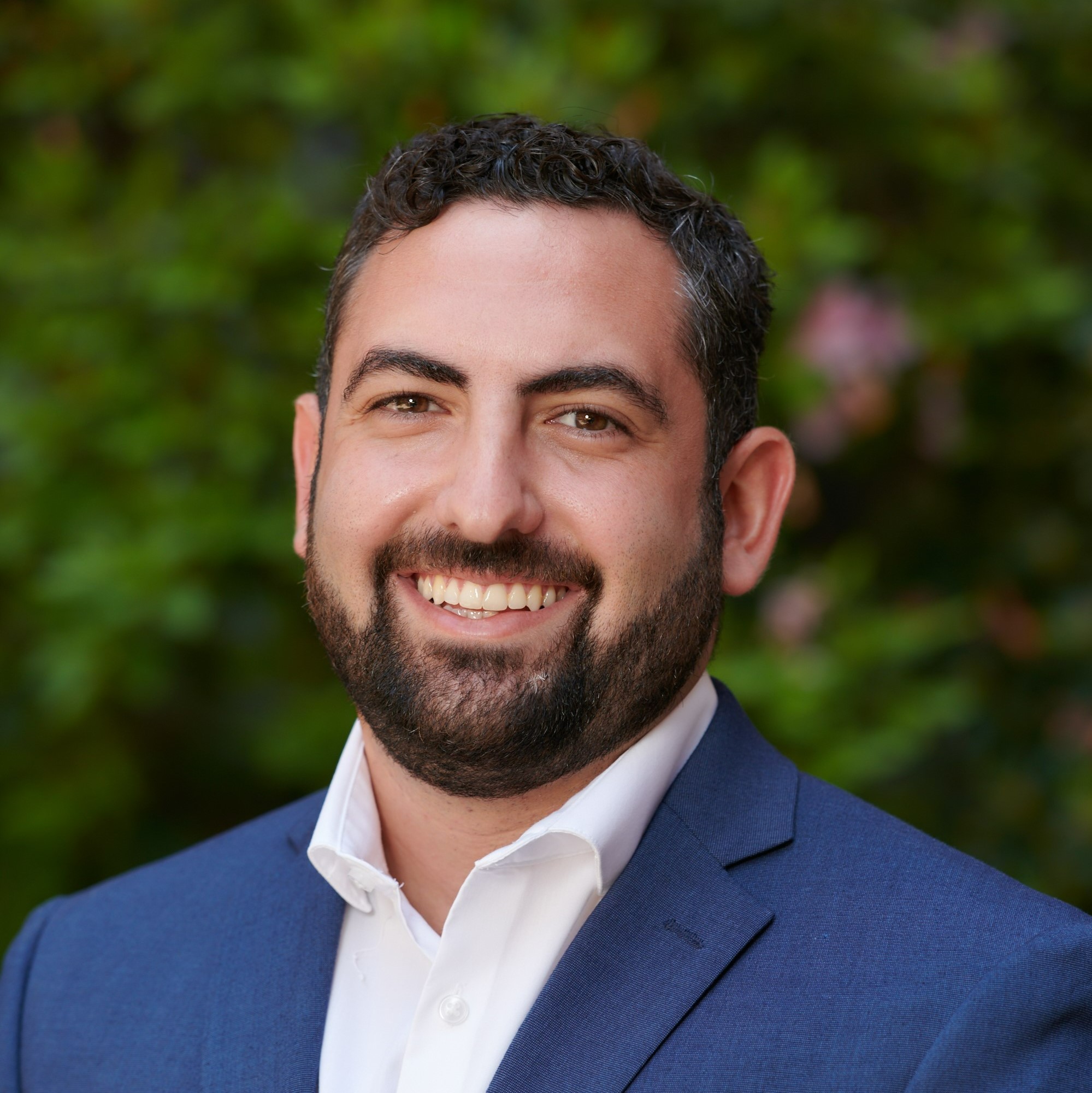 | Ryan Assaf, PhD, MPH (he/him), was a postdoctoral fellow with the UCSF Benioff Homelessness and Housing Initiative (BHHI) during the Public Voices Fellowship. He is now an Assistant Professor for the UCSF Division of Health and Society. |
| Lourdes Johanna Avelar Portillo, PhD, MA (she/her), was a a postdoctoral fellow with the UCSF Benioff Homelessness and Housing Initiative (BHHI) during the Public Voices Fellowship. She is now a Principal Research and Data Analyst for the County of San Diego. | |
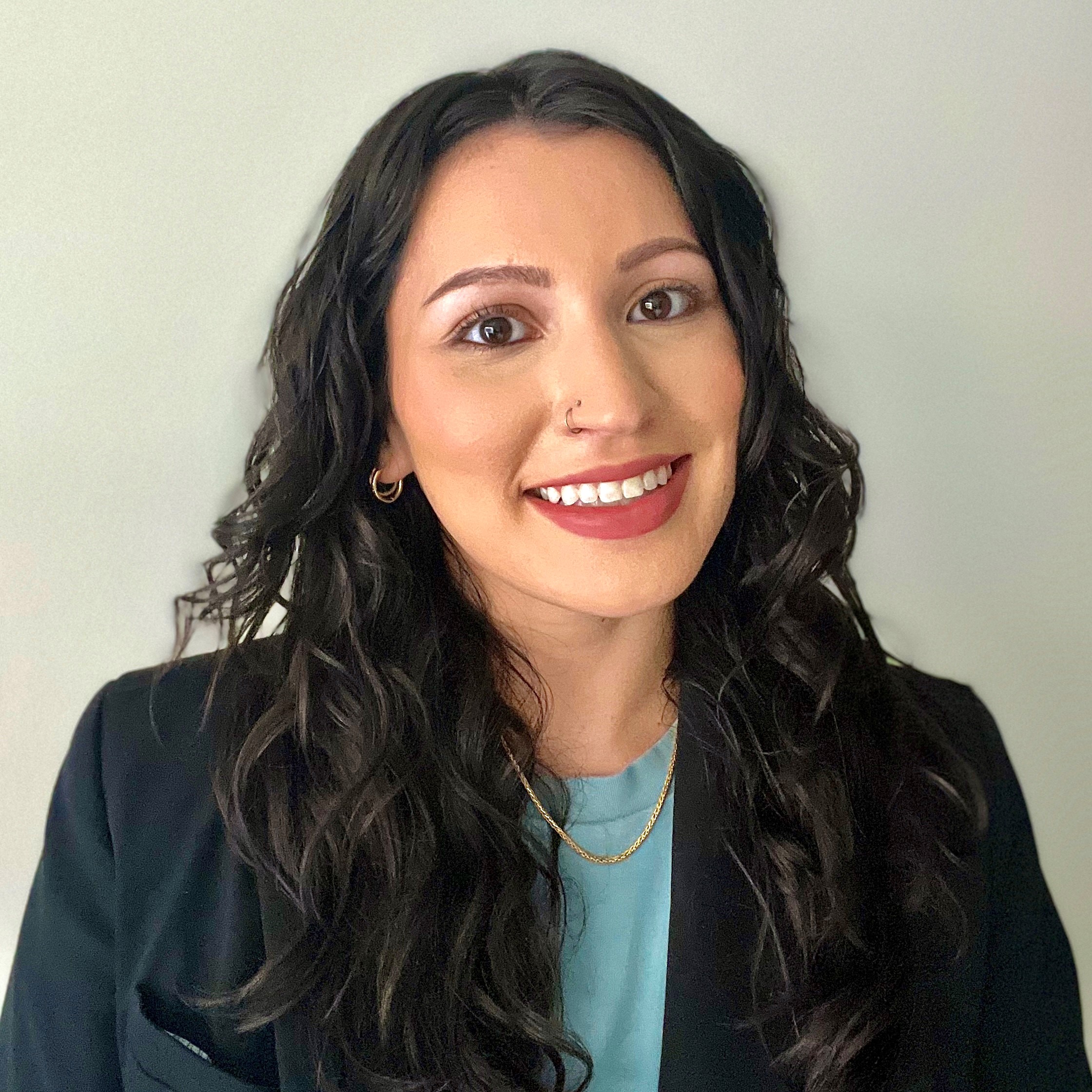 | Zena K. Dhatt, BS (she/her), was a Qualitative Research Project Manager at the UCSF Benioff Homelessness and Housing Initiative (BHHI) during the Public Voices Fellowship. She is now a Behavioral and Public Health PhD student at the University of Maryland. |
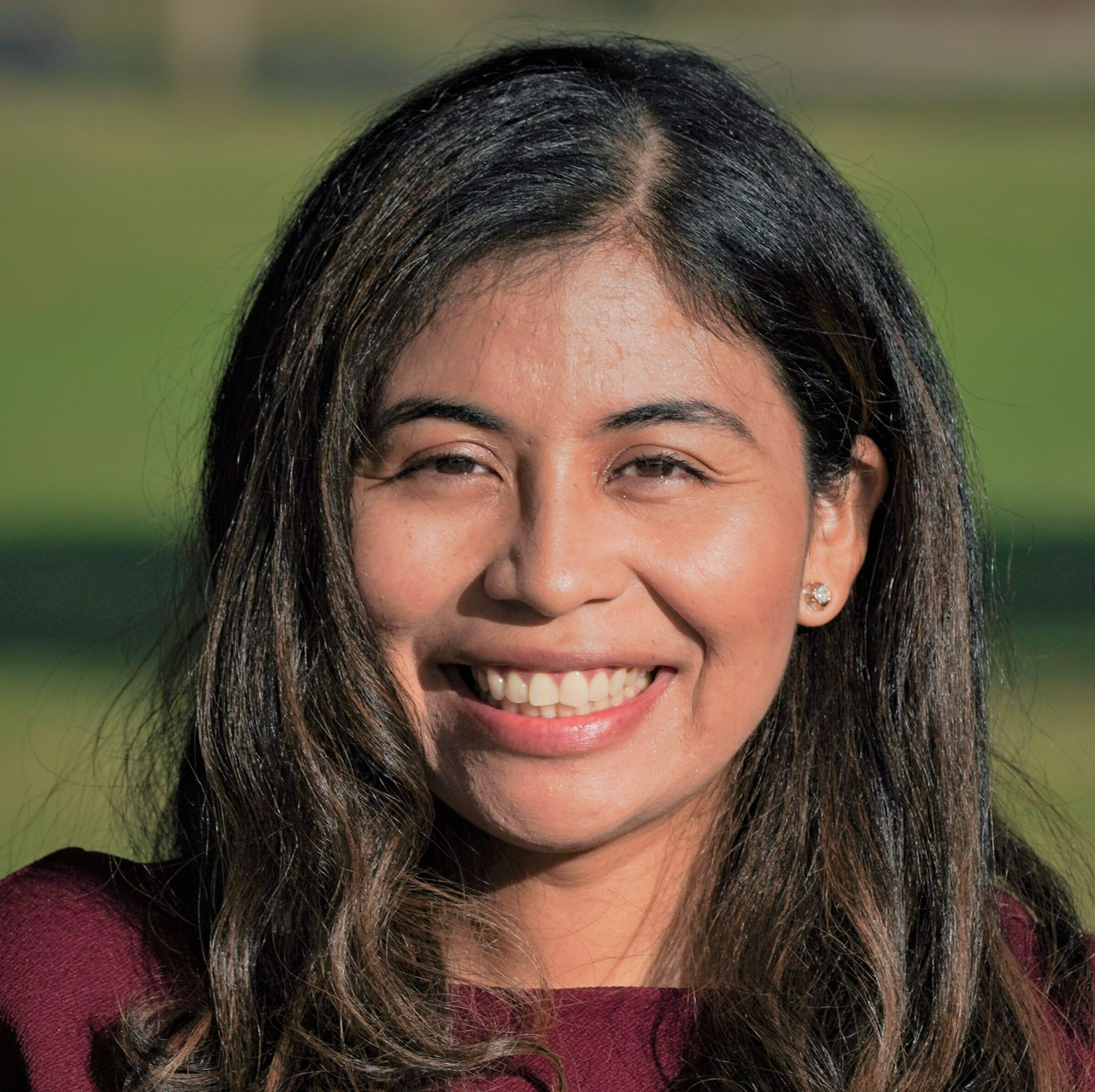 | Dalma Diaz, MA (she/her) was a California Health Care Foundation fellow during the Public Voices Fellowship. She is now a Medi-Cal Policy & Engagement Consultant for Kaiser Permanente. |
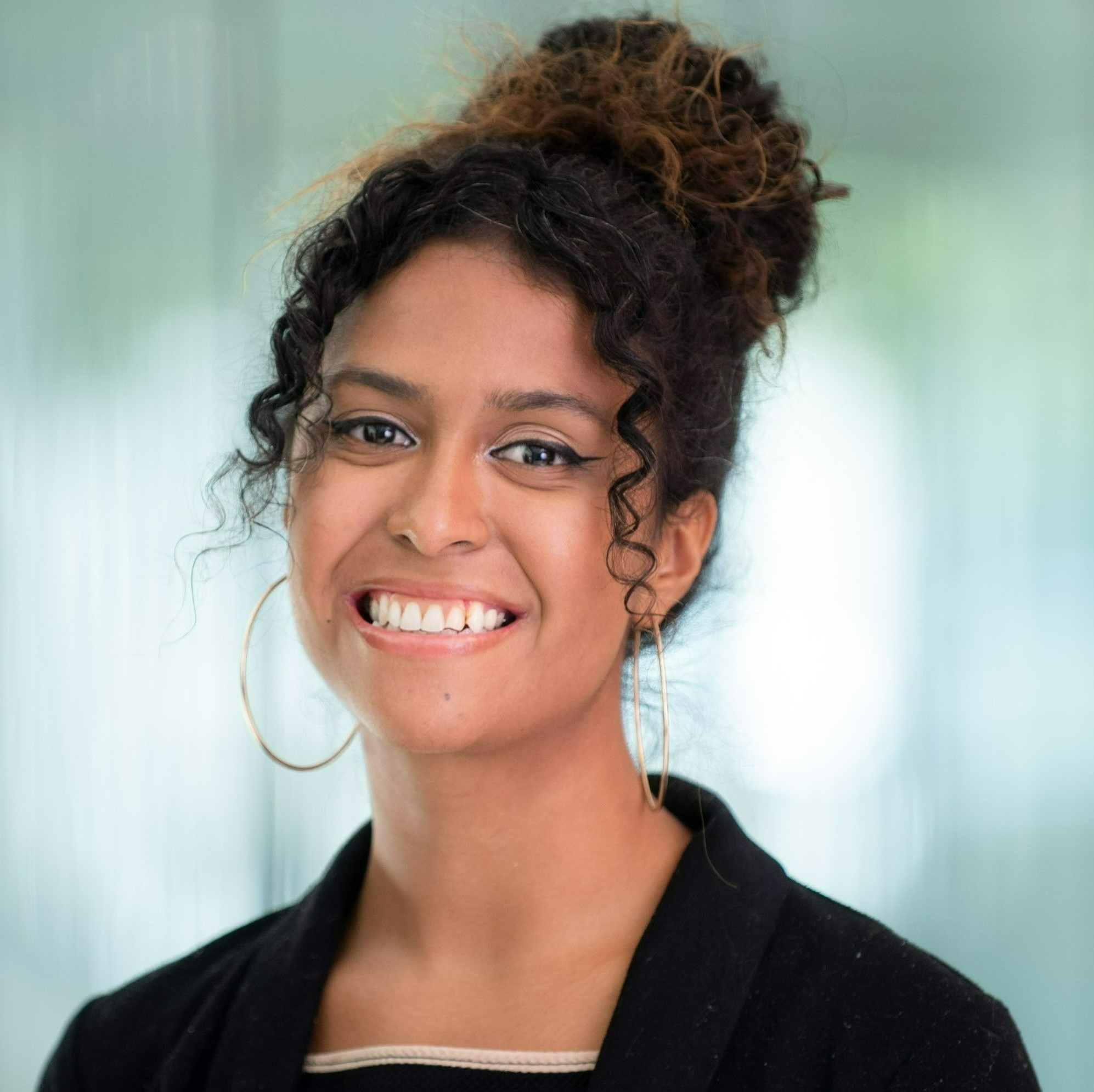 | Cheyenne Garcia, BA (she/her) was a Senior Research Analyst at the UCSF Benioff Homelessness and Housing Initiative (BHHI) during the Public Voices Fellowship. She is now a Psychology PhD student at the University of Michigan. |
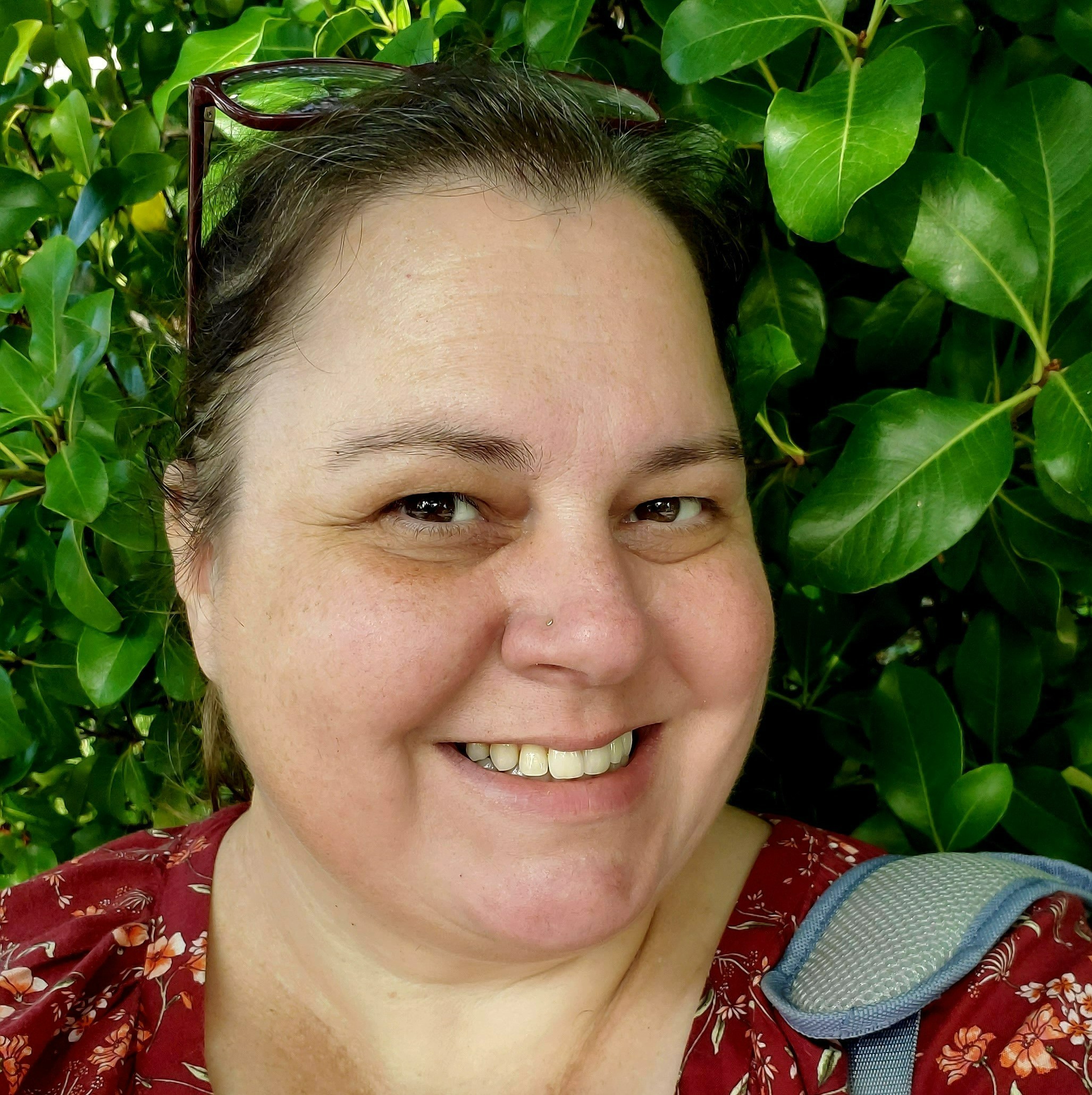 | Jesica Giannola, BS (she/her) was a Lived Expertise Advisory Board Representative at the UCSF Benioff Homelessness and Housing Initiative (BHHI) and a Housing Case Manager for the Chico Housing Action Team during the Public Voices Fellowship. She is now a Health Coach for UCSF Smoking Cessation Leadership Center. |
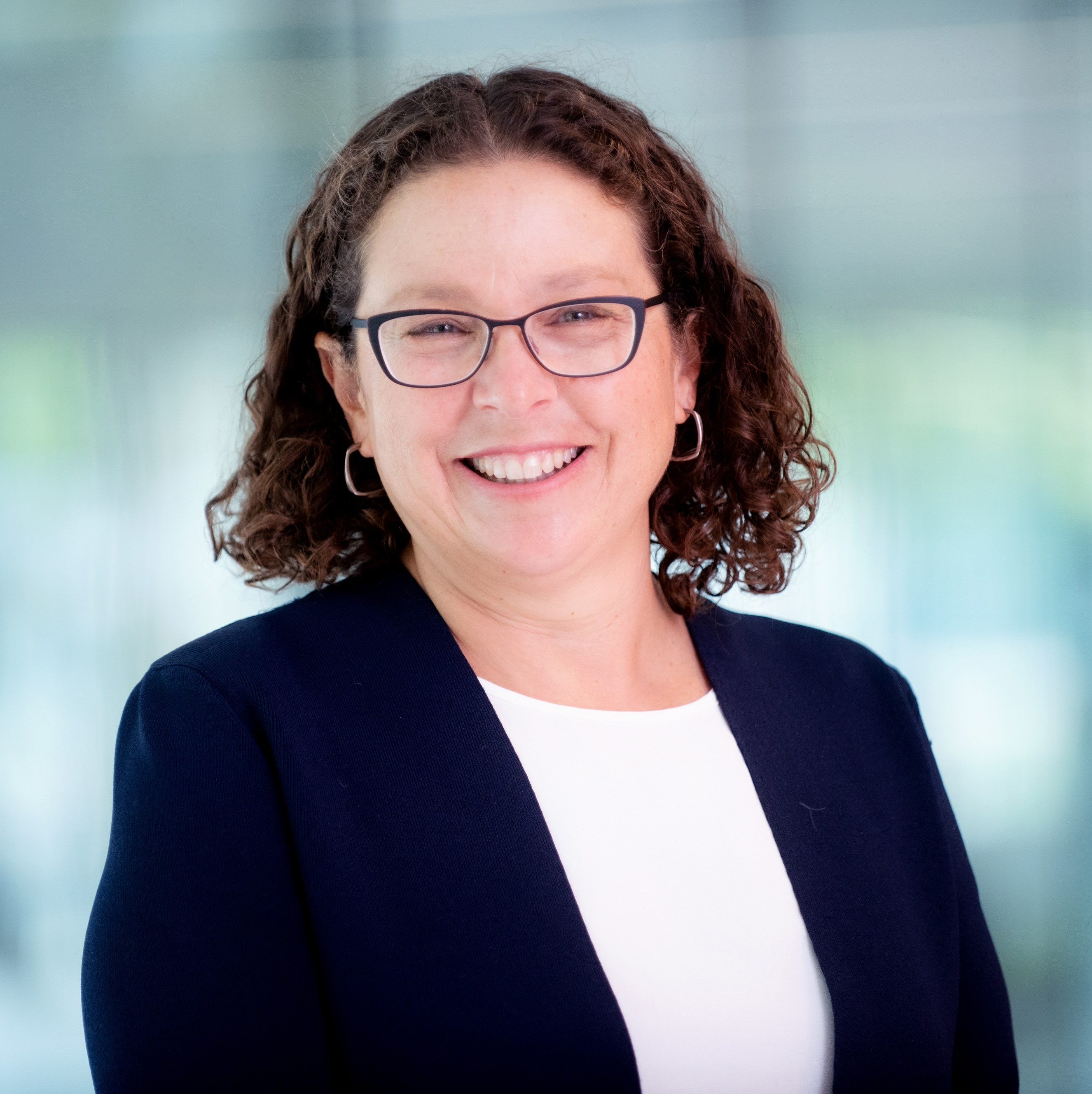 | Margot Kushel, MD (she/her) is a Professor of Medicine at the University of California San Francisco, Division Chief and Director of the UCSF Action Research Center, and Director of the UCSF Benioff Homelessness and Housing Initiative. She is a practicing general internist at Zuckerberg San Francisco General Hospital. |
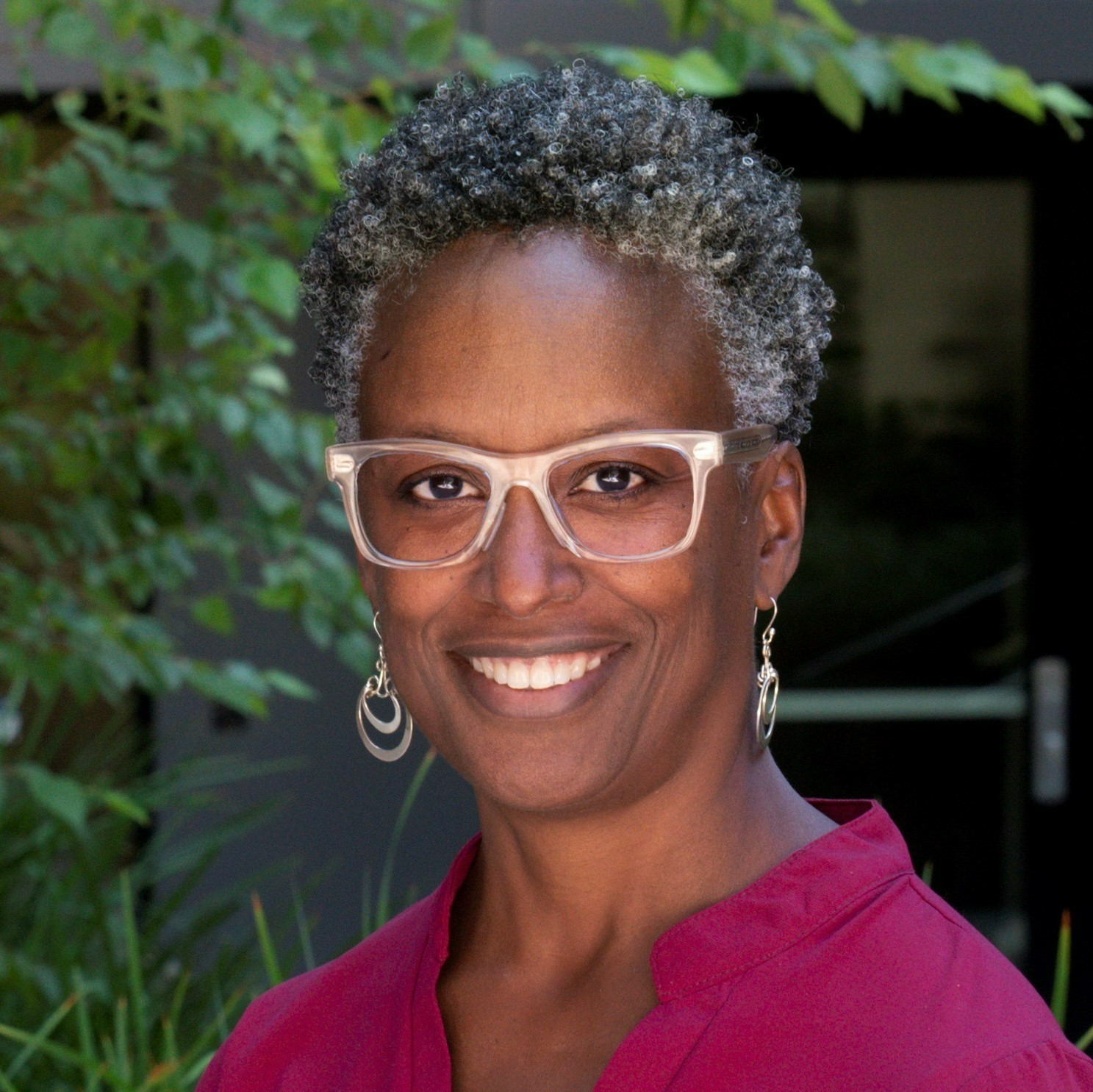 | Marguerita Lightfoot, PhD, MA (she/her) is the Associate Dean for Research at the OHSU-PSU School of Public Health and close faculty affiliate of UCSF Benioff Homelessness and Housing Initiative. |
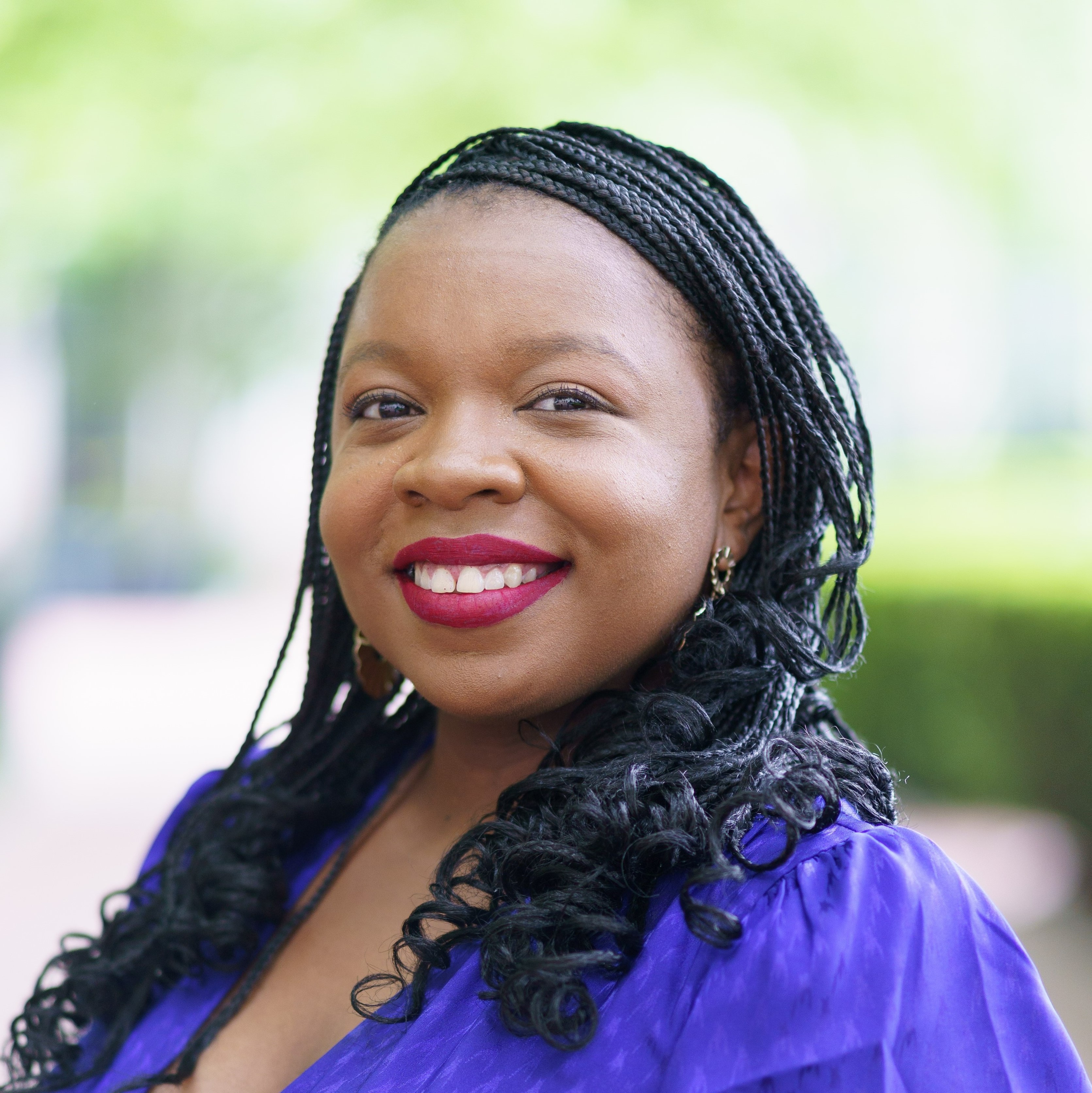 | Tiana Moore, PhD, MS, MA (she/her) served as the Policy Director for UCSF’s Benioff Homelessness and Housing Initiative during the Public Voices Fellowship. She is now a Deputy Chief Program Officer at Brilliant Corners. |
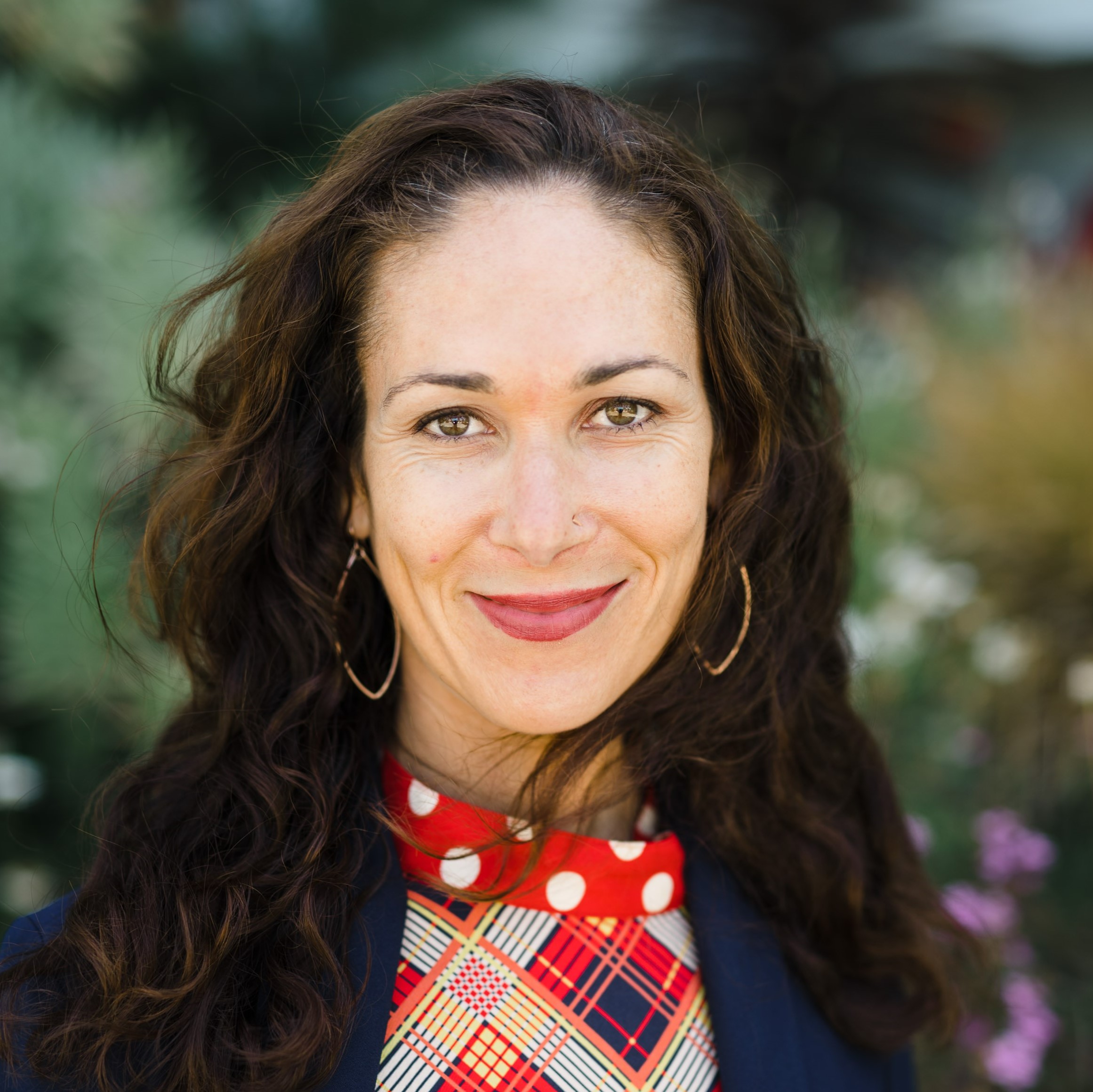 | Meghan D. Morris, PhD, MPH (she/her) is an infectious disease epidemiologist and an Associate Professor and Vice Chair at the University of California, San Francisco, Department of Epidemiology and Biostatistics. |
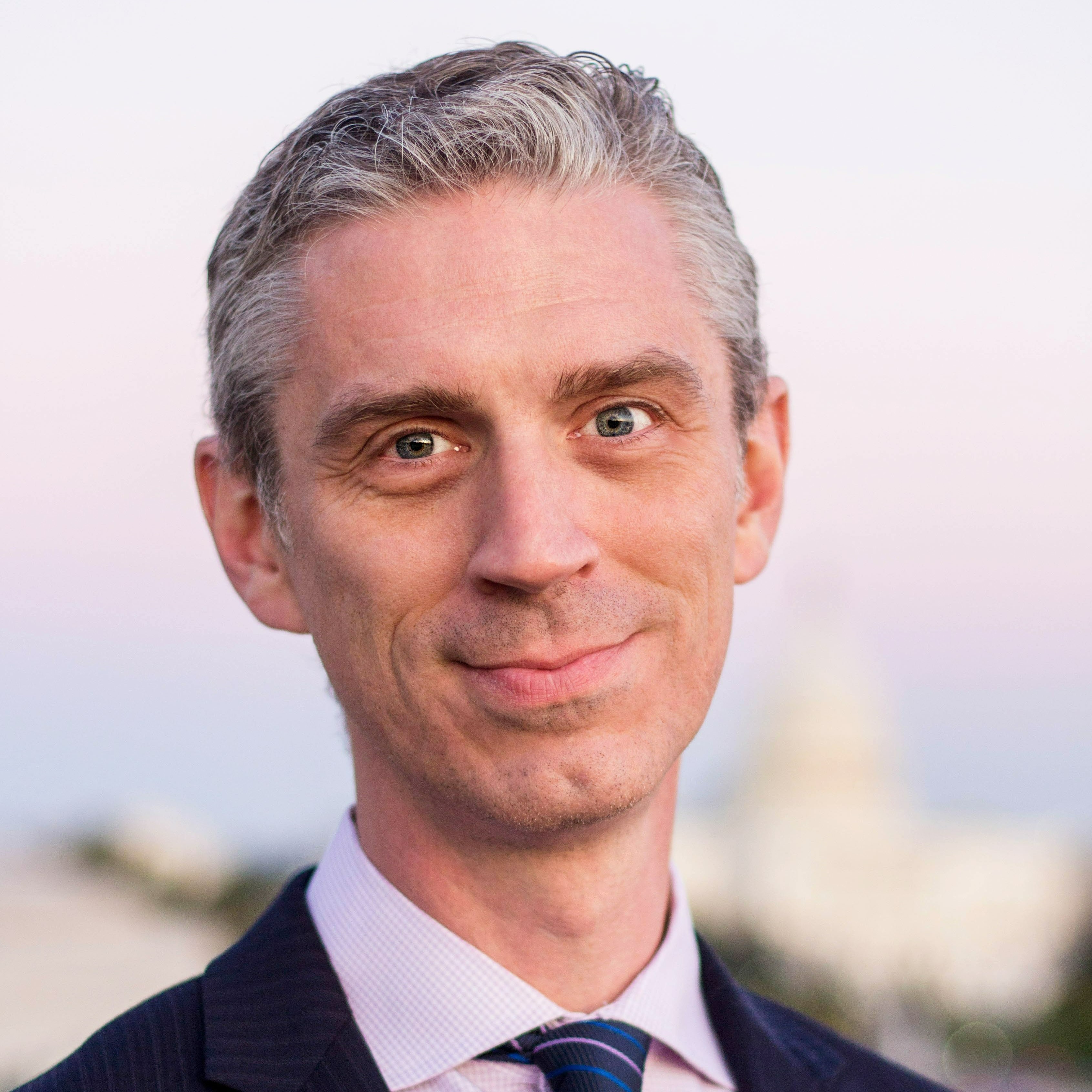 | Thomas Murphy (he/him) is the Senior Director of Communications for the National Alliance to End Homelessness. |
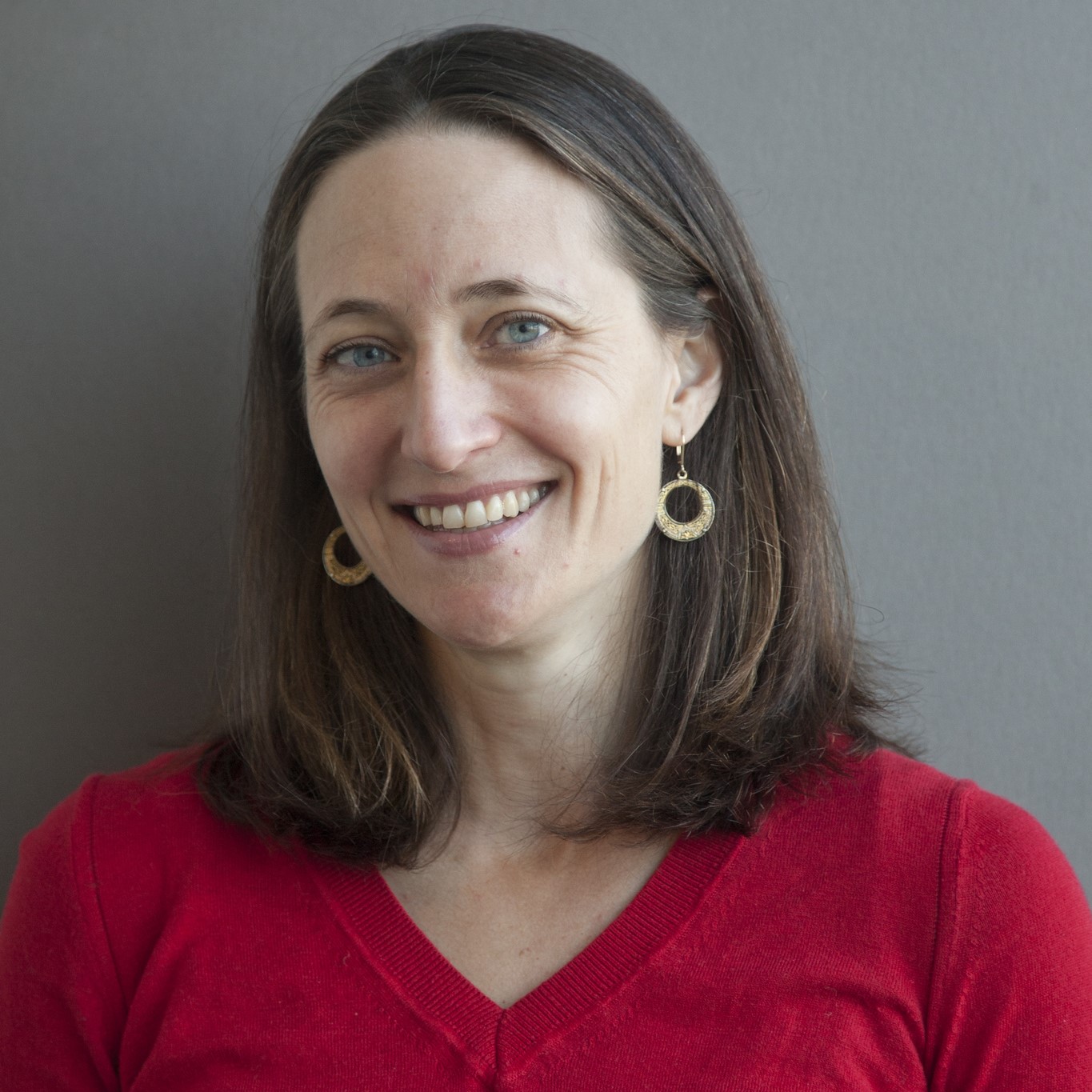 | Morgan Philbin, PhD, MHS (she/her) is a social and behavioral scientist, an Associate Professor at UCSF, and Director of Education Programs at UCSF Benioff Homelessness and Housing Initiative. |
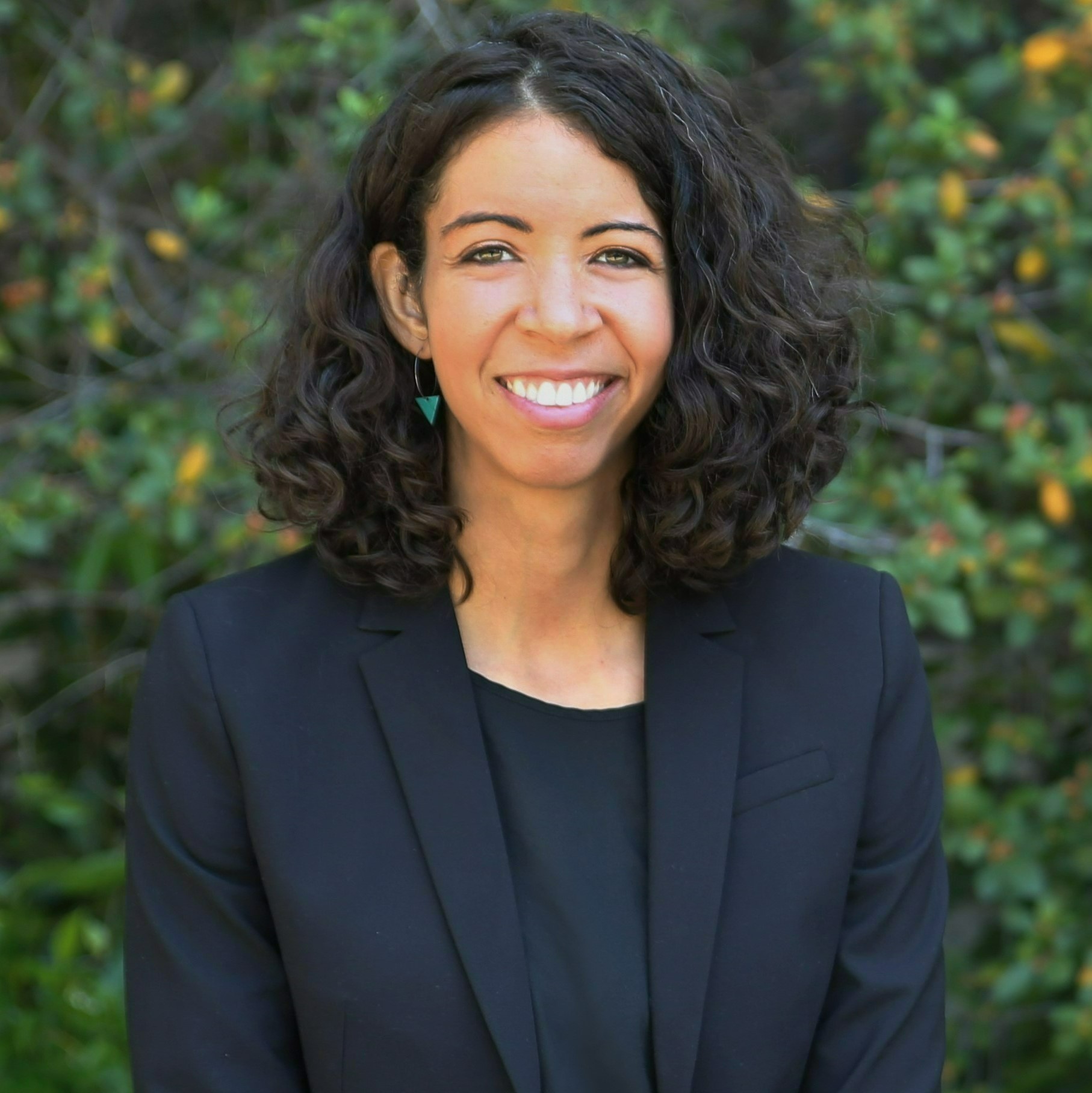 | Kara Young Ponder, PhD (she/her) was the Director of Stakeholder Engagement at the UCSF Benioff Homelessness and Housing Iniitiative. She is now the Vice President of Knowledge, Impact, and Strategy at the National Council of Nonprofits. |
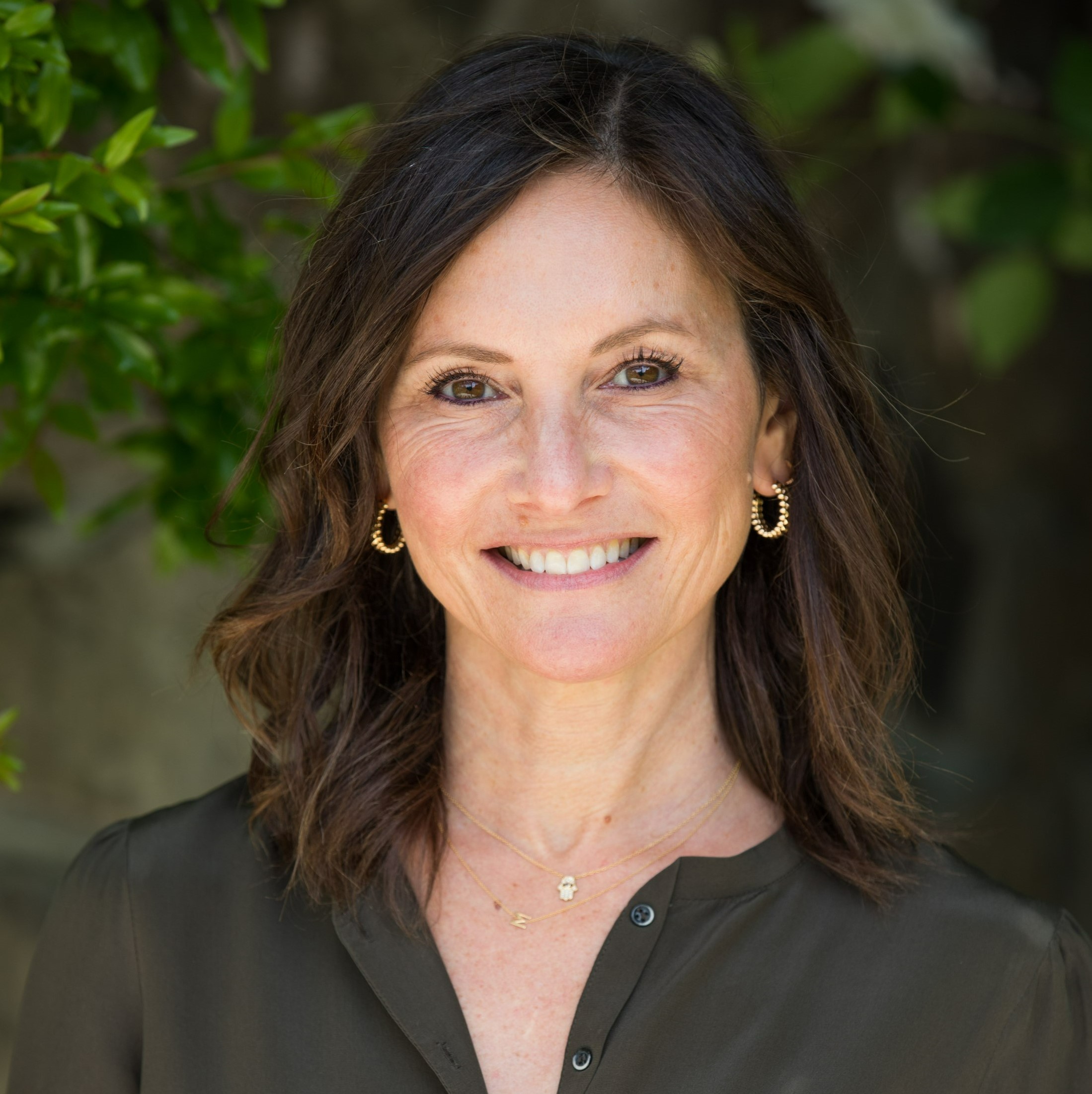 | Maria Raven, MD, MPH (she/her) is a Professor of Clinical Emergency Medicine, the Chief of Emergency Medicine at UCSF Medical Center, and a Vice Chair of the Emergency Medicine Department at UCSF. She is an Associate Director at the UCSF Benioff Homelessness and Housing Initiative (BHHI) and an Affiliate Faculty at the UCSF Philip R. Lee Institute for Health Policy Studies. |
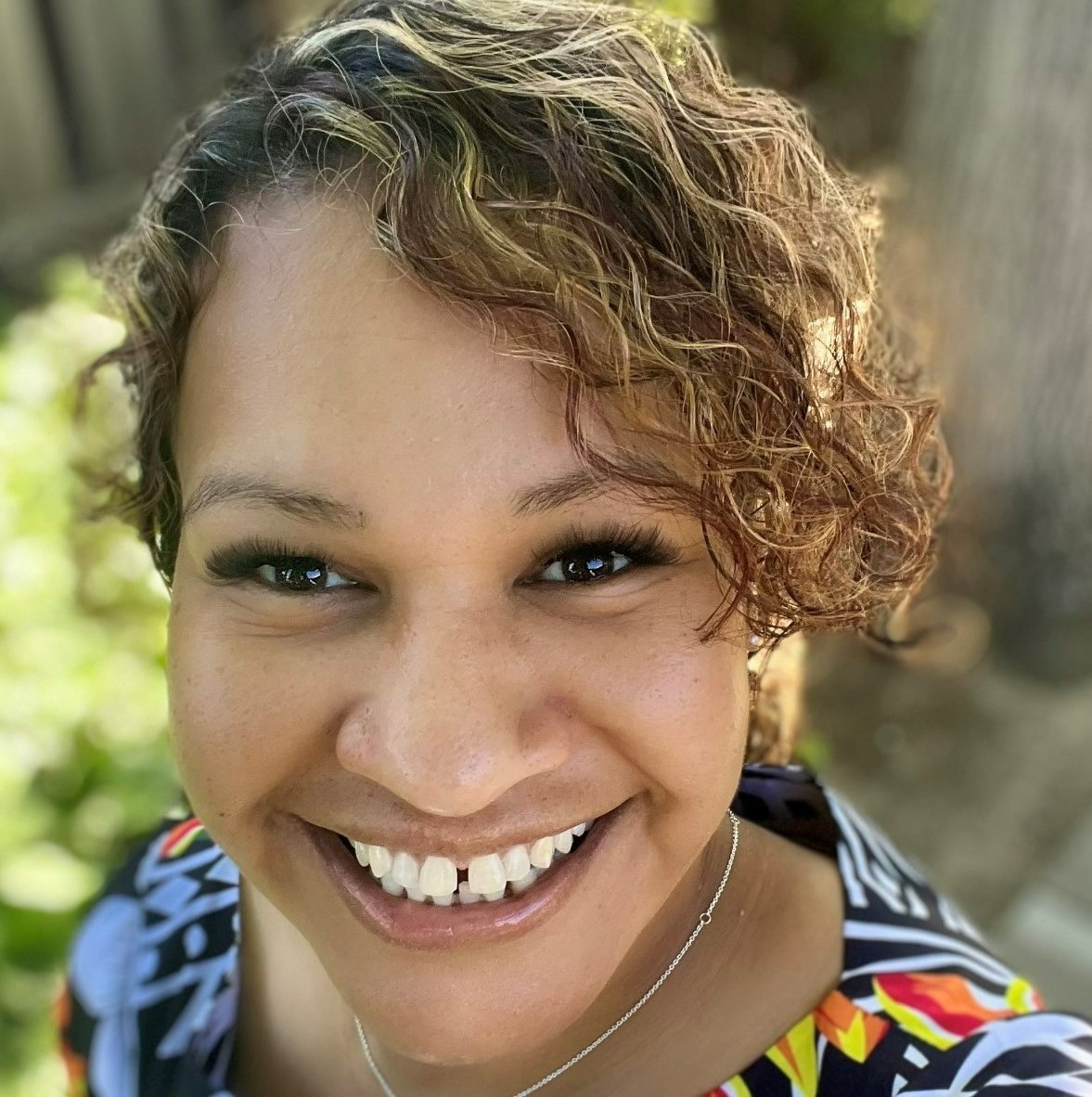 | Claudine Sipili (she/her) is the Director of Lived Experience and Innovation at Destination: Home. |
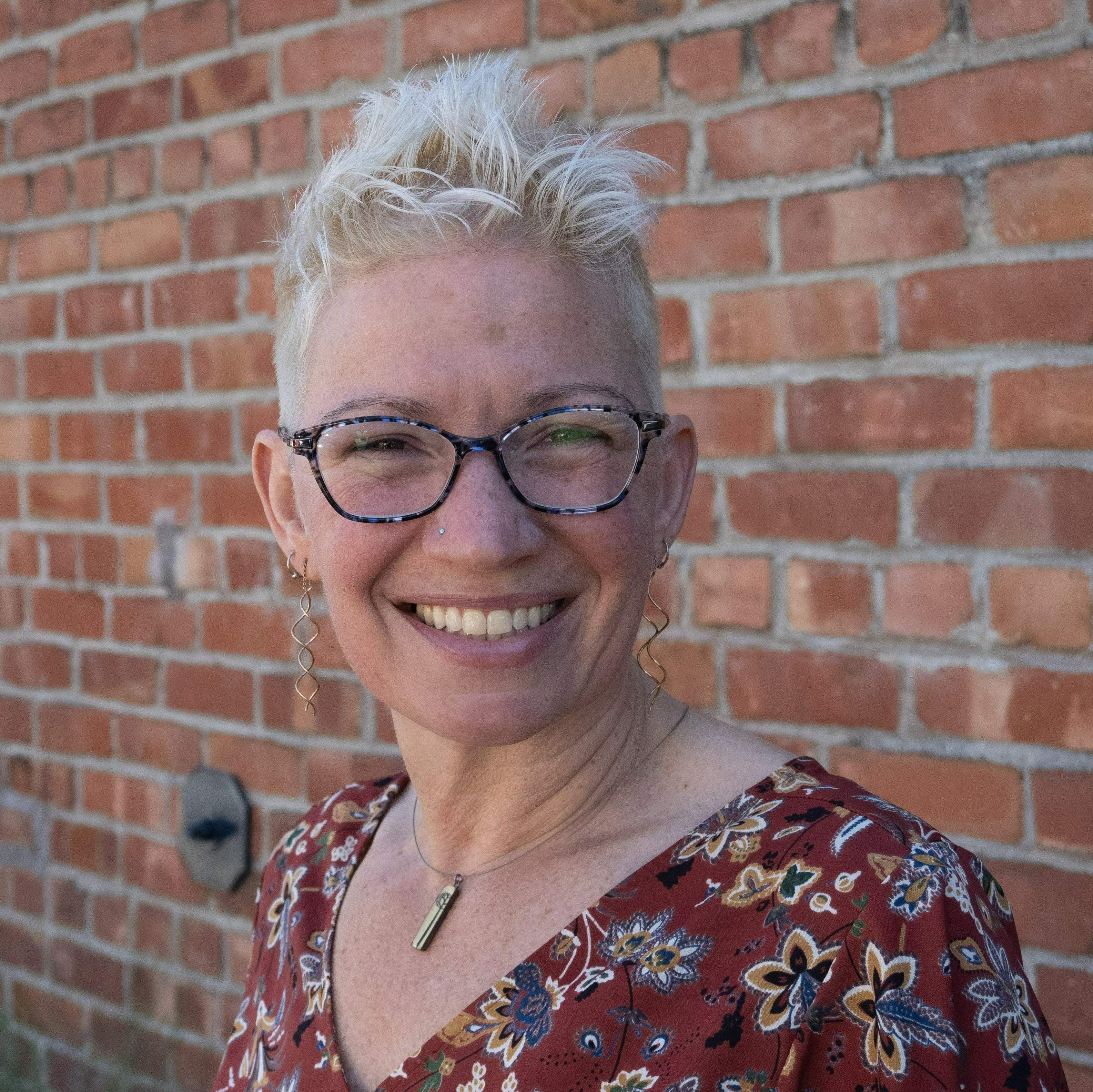 | Shannon Smith-Bernardin PhD, RN, CNL (she/her) is a nurse consultant, and an Associate professor for the UCSF School of Nursing in the Department of Social & Behavioral Sciences. |
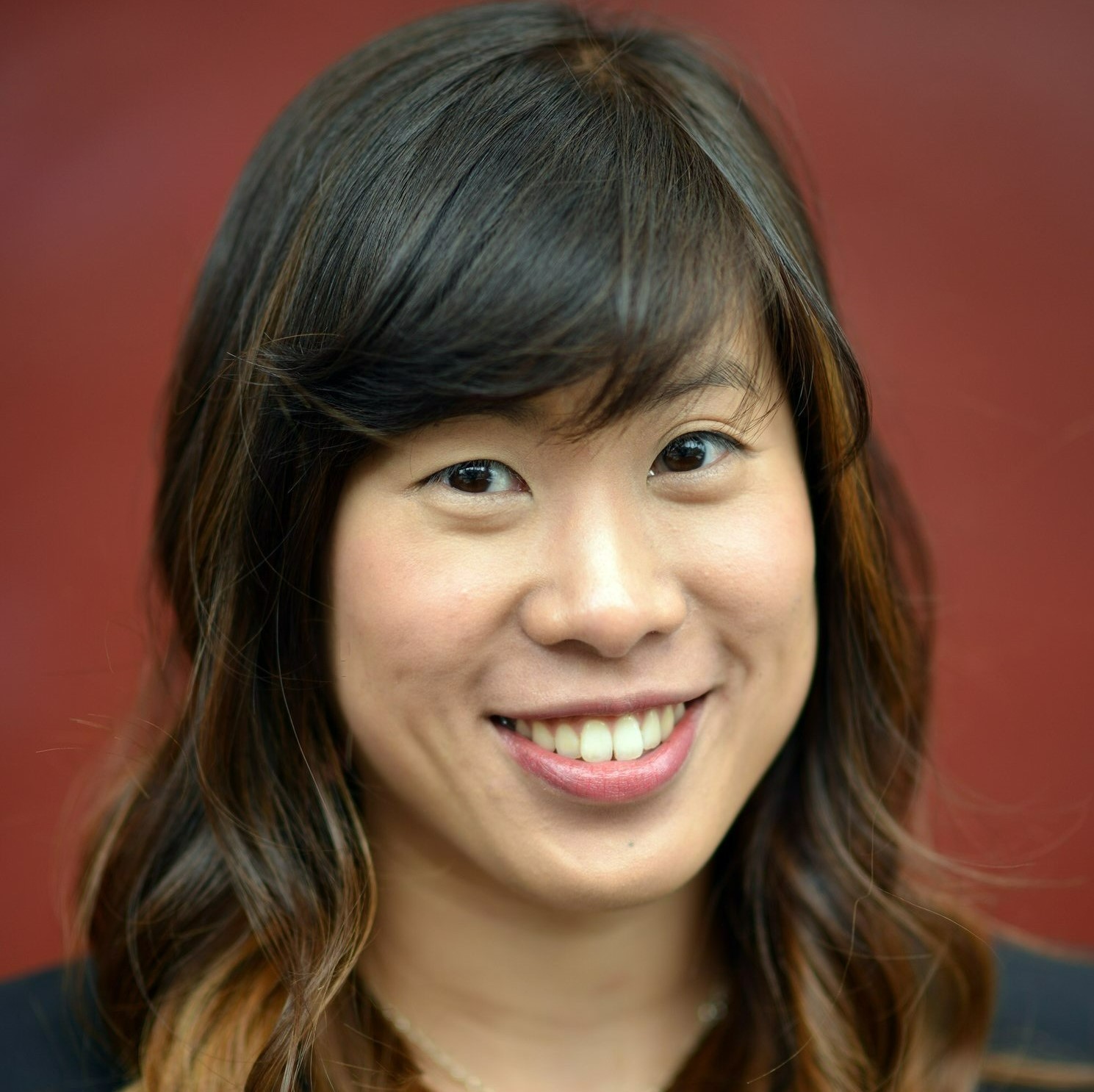 | Leslie W. Suen, MD, MAS (she/her) is an Assistant Professor of Medicine in the UCSF Division of General Internal Medicine at San Francisco General Hospital (SFGH). |
 | Maya Vijayaraghavan, MD, MAS (she/her) is a practicing general internist and the Director of the UCSF Smoking Cessation Leadership Center. |
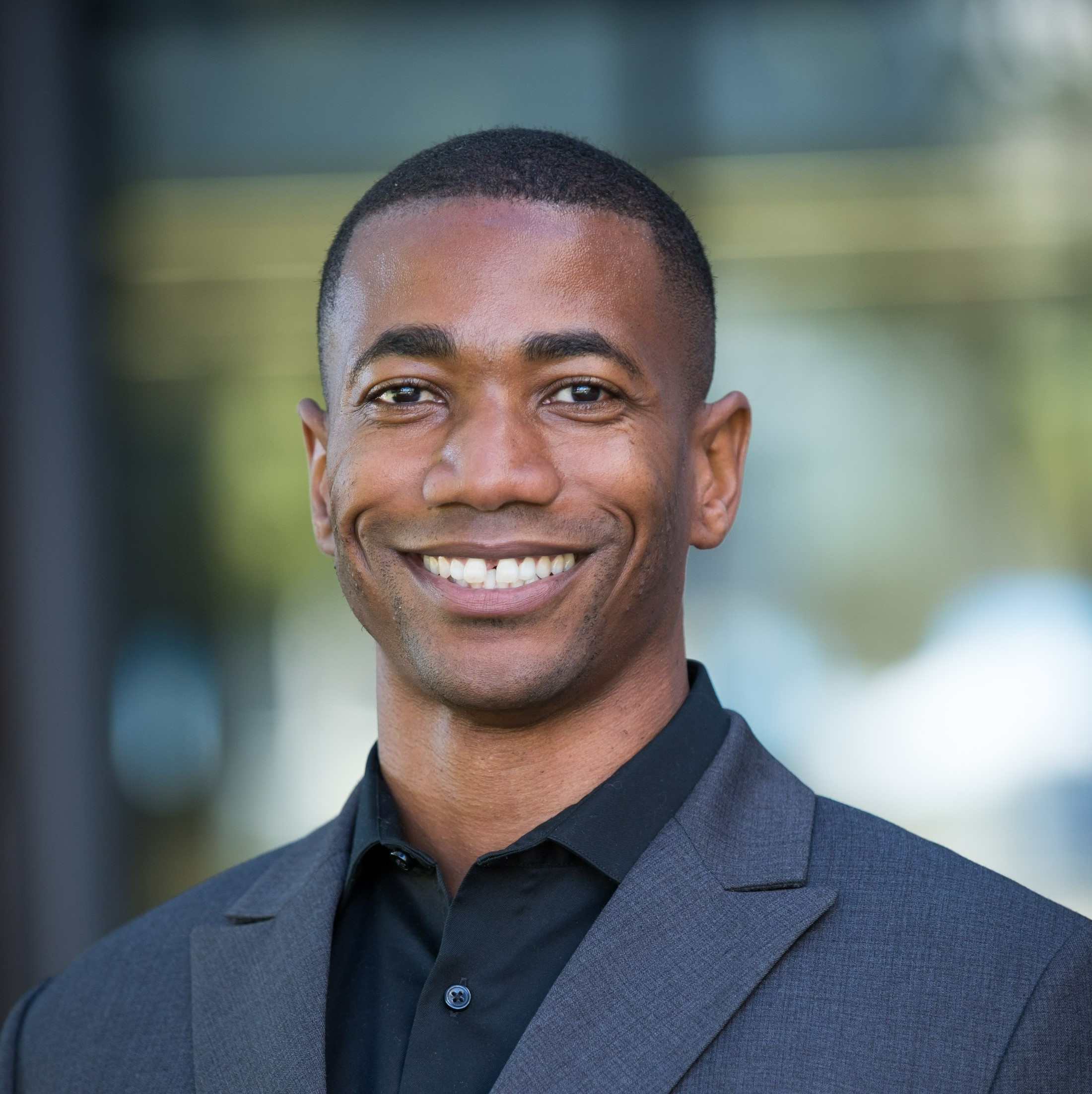 | Paul Wesson, PhD (he/him) is an infectious disease and social epidemiologist. He is currently an Assistant Professor of Epidemiology and Biostatistics at the University of California, San Francisco. |
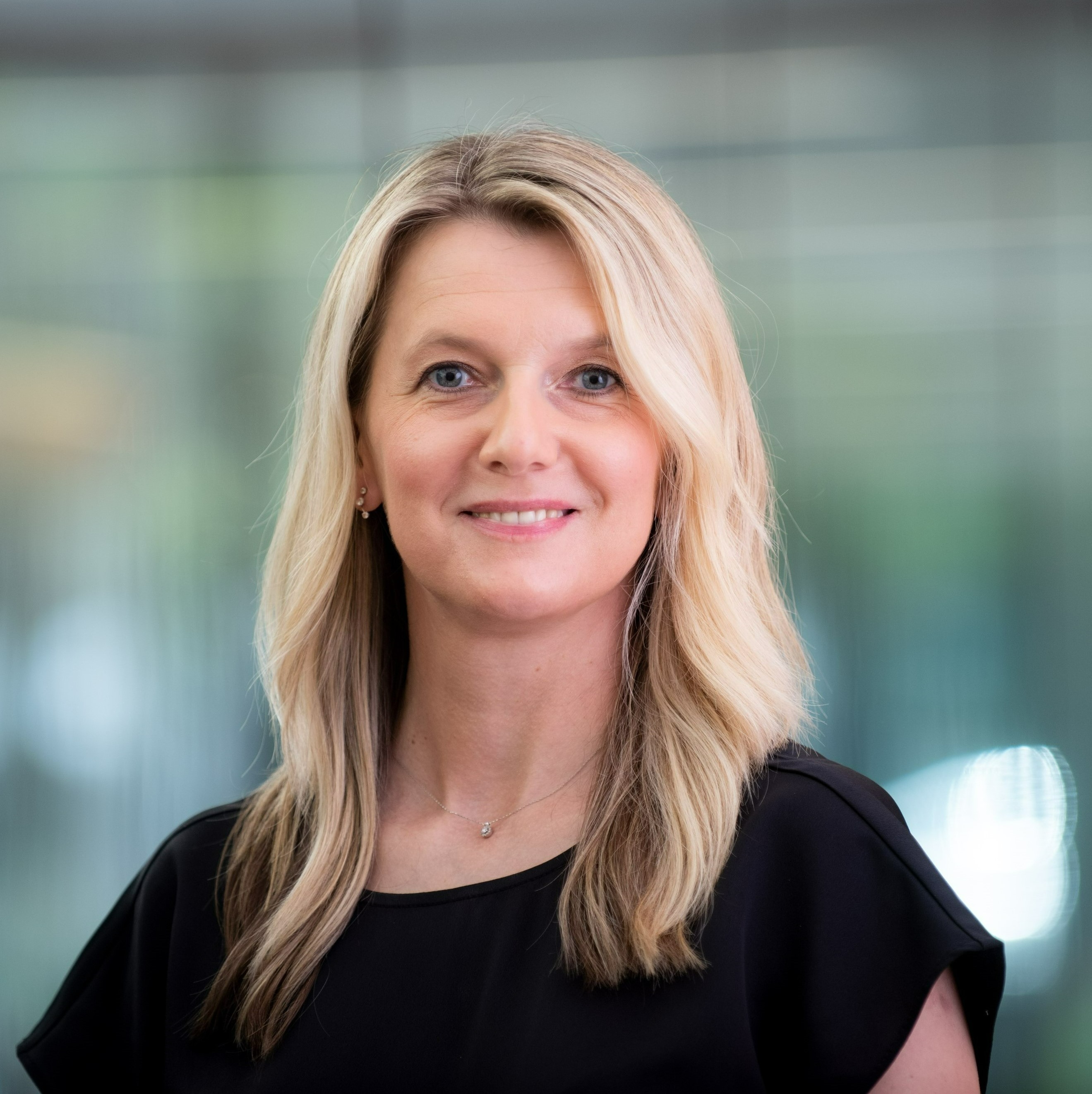 | Alma Yates, MSW (she/her) was the Education Program Manager at the UCSF Benioff Homelessness and Housing Initiative during the Public Voices Fellowship. Alma is now an Executive Assistant for the UCSF Dean’s Office at Zuckerberg San Francisco General Hospital. |